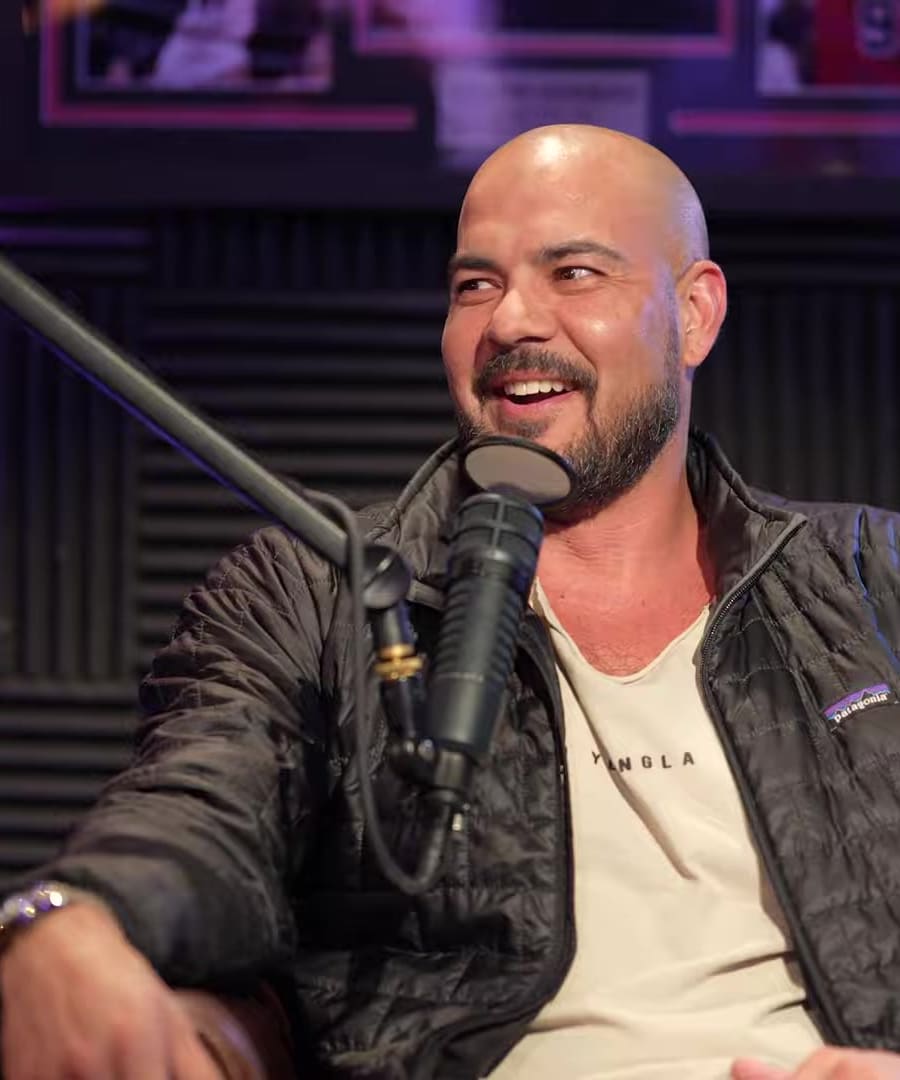How does sleep affect food cravings?
Sources:
Lack of sleep can significantly influence food cravings, leading to a preference for unhealthy options. Here are the insights from trusted experts:
-
Altered Appetite Regulation:
-
Hormonal and Brain Changes:
- Sleep deprivation affects hunger hormones by increasing ghrelin (hunger hormone) and decreasing leptin (satiety hormone), making people hungrier and less satisfied after eating. These hormonal imbalances drive people to crave quick energy boosts from sugary and fatty foods 3.
- The brain's reward centers become more active, and impulse control regions weaken, leading to a heightened desire for unhealthy foods when sleep-deprived. This pattern is known as hedonic eating, where sleep-deprived individuals are drawn to high-calorie foods 2 4.
-
Evolutionary Adaptations:
- suggests that our brains are wired to crave energy-dense foods when sleep-deprived, possibly an evolutionary trait from periods when humans needed to be active despite lack of sleep. This leads to overeating, especially of high-calorie foods, which can contribute to obesity 5.
-
Behavioral Changes:
- notes that poor sleep is perceived by the body as a stressor, prompting a preference for comfort foods which temporarily improve mood. This behavior is a safeguard mechanism against stress, leading to cravings for high-fat and high-sugar foods 6.
- Consistent sleep is crucial for maintaining better food choices and managing cravings. Inadequate sleep lowers the body's ability to regulate appetite effectively, making it harder to stick to healthy eating habits 2 7.
To mitigate these effects, experts recommend prioritizing proper sleep to maintain balanced hunger hormones, better impulse control, and healthier food preferences.
RELATED QUESTIONS-


